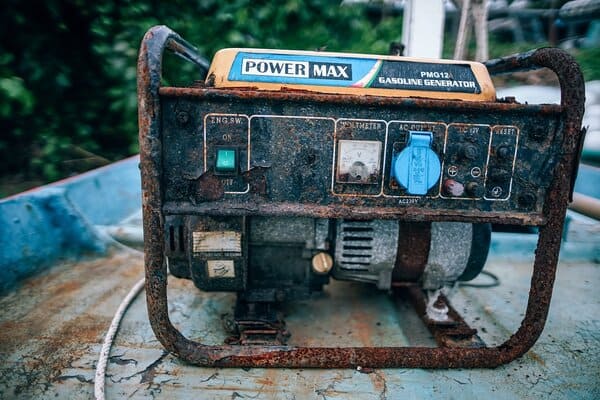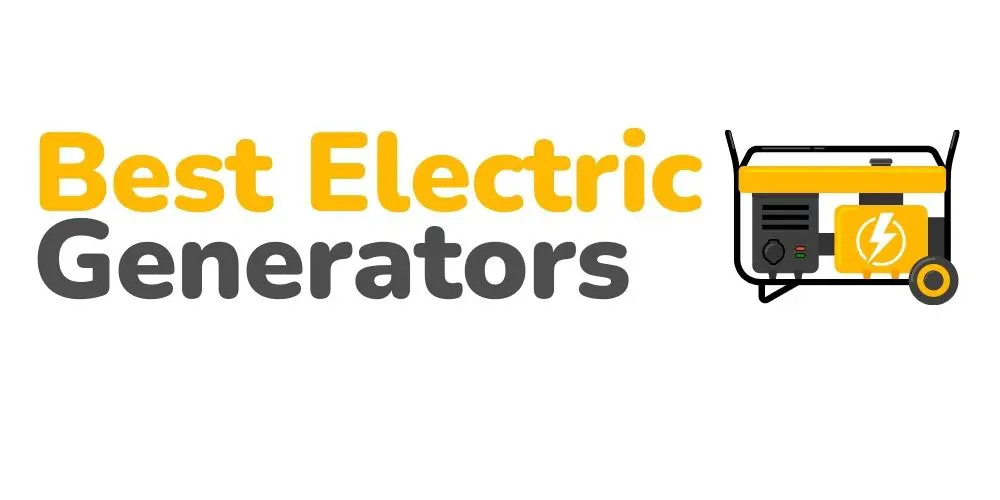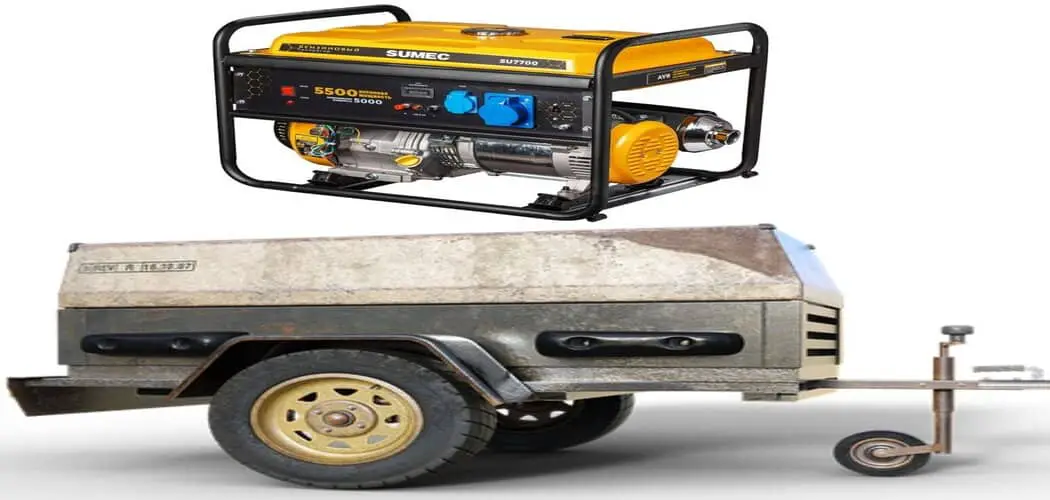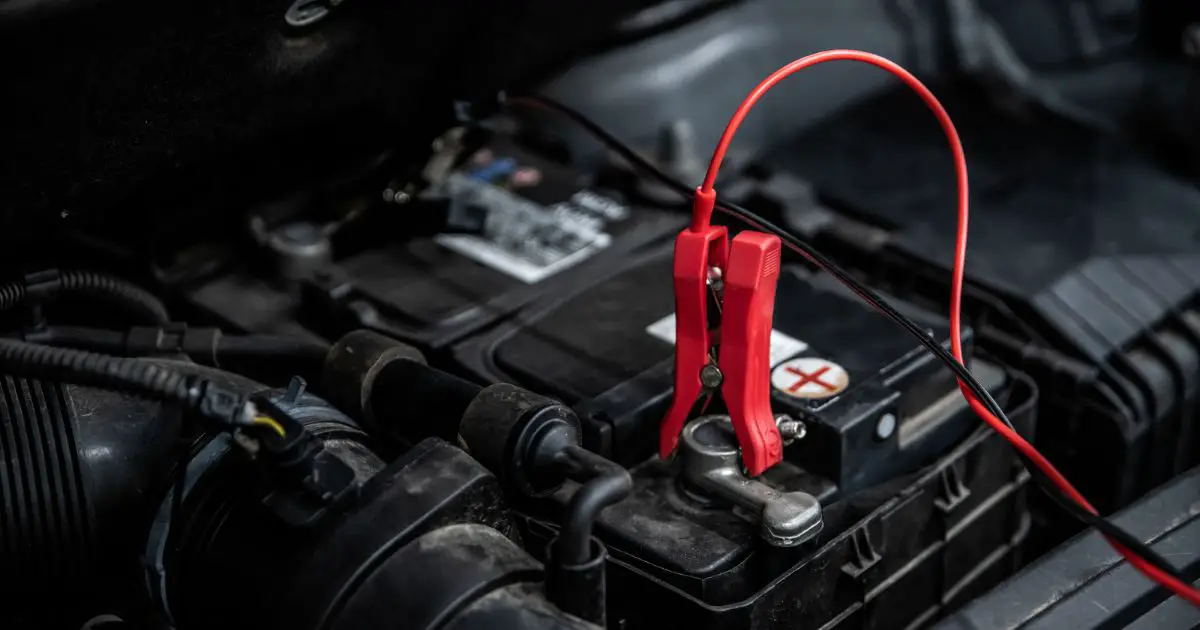There are mainly four different sizes of generators small, medium, large, and Industrial. Each one comes in varied sizes and features having its particular advantages.
You can choose any of them considering your requirements of size, wattage, and capacity. The small ones are appropriate for domestic usage; a high-capacity workload is managed well through the industrial generators.
The wattage of the generators is what sets them apart from each other. As the size of the generator increases, the wattage increases as well. Thus, you can say there is a direct relationship between the two.
Small and Medium Generators
The small generators can easily manage a wattage of around 1000 to 3000 Watts. This is pretty much the amount of energy that a small house may need. Medium generators can handle a wattage from 3000 to 9000 Watts.
Large and Industrial Generators
For the wattage of 9000 to 15000 watts, large generators are required. However, these generators must ensure the required power level to make all the equipment work efficiently.
Without this calculation, it would be a naive decision to decide which generator you need for your tasks to run without interruption.
Lastly, there are industrial generators that can manage wattage of 20000 watts and even more. For these, the highest level of maintenance is required for long-term running.
For a medium to large-sized business, industrial generators come in handy. They also have a life span of around twenty to thirty years and ensure long-term services.
Why Is It Good to Determine the Right Size Before Buying a Generator?
Now it’s an obvious fact that buying a generator is a considerable investment. You need to be aware of all the size options and features before making the final deal. The fuel consumption, efficiency, and the generator’s performance are highly dependent on its size.
Buying the wrong size can lead to a lot of inconvenience for you.
Before deciding on which generator to buy, you need to consider why you’re buying it. This means that being aware of the kind of power you need would help you make the right decision.
For example, if it is only a small unit to operate, you may opt for a small generator. It will provide you with an appropriate wattage from 1000 watts to 3000 watts.
However, a huge factory would require an industrial generator to make things work on the other end. Hence, choosing the right size depends on the kind of task you need to perform using the generator.
The right and appropriate way to determine the size following the requirement is by sorting out the electrical equipment to operate through the generator. Their manuals should be considered to check out the exact running wattage and add them all up.
Once added, you would know the total amount of power needed to make them all work simultaneously. This total wattage would give you insight into the kind of size you need to run your house or factory.
Can Sizing of The Generator Increase Its Efficiency?
The performance of a generator improves when the size increases. This means there is a direct relationship between the size and efficacy of the generator.
For instance, a 1 KW synchronous generator comes with an efficiency of around 50%. As the size of the generator increases, the capacity of the product also increases
However, bigger generators are more efficient compared to smaller ones. This is because a huge generator has a low surface area for combustion relative to the volume. Thus, this reduces the thermal loss, which is the transfer of heat to the cooling system. As a result, there is more energy available to the generator to perform its tasks.
How Can Sizing Impact Fuel Consumption?
Fuel consumption refers to the amount of fuel required by the generator to perform its tasks optimally. The number of equipment that the generator can power within a particular limit of fuel refers to the fuel efficiency.
The electrical load on a huge generator is high, which puts more mechanical load on its engine. As a result, it requires more fuel for the maintenance of the same level of speed. However, a small or medium generator, working on smaller projects, does not consume fuel as much. Hence, the owners of smaller generators can save up on a lot of fuel and money.
So, always choose the generator following the task it has to perform to save fuel consumption.
Nonetheless, other factors also affect the fuel consumption of a generator apart from its size. These factors include weather conditions, overloading, and the altitude it has to perform its functions.
What Is the Effect of Size on Performance?
The size of the generator does affect its performance significantly. A bigger size guarantees better performance. This is since it can perform massive tasks and run huge spaces quite easily. Thus, you can say that the size of a generator is directly proportional to its performance.
However, there is a possibility that with time, the performance of your large generator would reduce. To curb this, you need to check the temperature and environment it is working in, the altitude, and winterization.
A house equipped with several electrical appliances would indeed require a huge generator to make them all work. Therefore, choosing a small generator would certainly not serve the purpose. On the contrary, it would augment the workload and hamper its performance. Thus, to aid the generator is performing up to its capacity, it is necessary to consider the right size for the task.
Similarly, choosing a large size generator for a small house would help it work for a long time, but it would burden the user with the fuel cost. As a result, the performance would be optimal, but the cost would be too high. This, also, is not recommended. The size of the generator should neither be too big nor too small.

What Is The Best Size Of Generator For RV?
A generator that can fit easily in the RV is what you need to choose. Most of the time, the right generator for RV comes with around 4000 watts of energy to the maximum. However, as an RV has limited power needs, the size should be small to medium.
What Is the Best Size of Generator for A Small Home?
The size of the generator required for a small home depends on the number of equipment that it would need to run. Mostly, a small home requires a generator powered by 5000 to 7000 watts. However, if only a few electrical appliances are working, 3000 watts powered small generator would also serve well.
What Is the Best Size of Generator to Run a Refrigerator?
The size of the generator required to run a refrigerator depends on the size and capacity of the refrigerator itself. Mostly a generator with 2000 watts is enough to run a refrigerator. However, for industrial refrigerators, there will be a need for huge generators to help them run.
What Is the Best Size of Generator for Camping?
The most popular and appropriate generator size for camping is the small one with 2000 watts of energy. This makes it highly portable, and you can take it along while going out camping with your friends. Thus, it is always wise to carry a small generator while camping to ensure its maximum portability.
Conclusion
Buying a generator is a huge investment and requires a lot of deliberation and consideration. Moreover, with different sizes of generators available in the market, it gets tough to choose the right one.
However, the rule of thumb is to consider the power requirement, fuel requirement, and maintenance charges. For a house with lesser equipment to power, a small generator would work. However, on the other hand, huge types of machinery would require industrial generators to power them appropriately.


